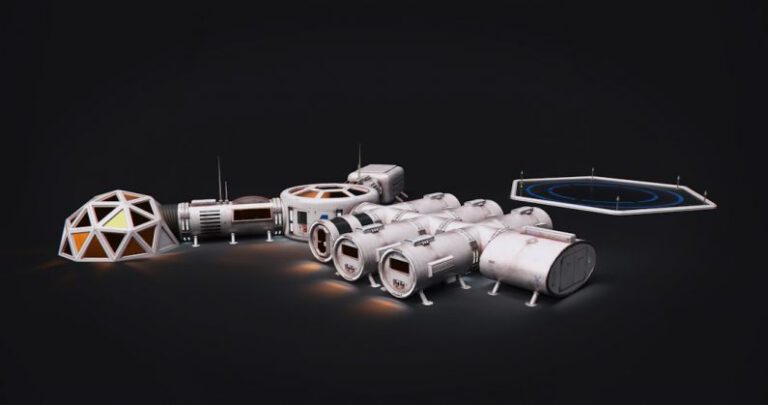Interstellar Travel: Reaching the Stars
The concept of traveling beyond our solar system to explore distant stars and planets has long captured the imagination of humanity. In recent years, advancements in technology and scientific understanding have brought the possibility of interstellar travel closer to reality than ever before. From theoretical concepts to practical considerations, the journey to the stars is filled with challenges and opportunities that push the boundaries of human knowledge and ingenuity.
The Challenges of Interstellar Travel
One of the biggest challenges of interstellar travel is the vast distances involved. The closest star to our solar system, Proxima Centauri, is over four light-years away, meaning that even at the speed of light, it would take over four years to reach it. Current spacecraft travel at a tiny fraction of the speed of light, making the journey to even the nearest stars a daunting prospect. Overcoming this immense distance barrier is one of the key hurdles that must be addressed in order to make interstellar travel a reality.
Propulsion Systems and Faster-Than-Light Travel
In order to reach the stars within a reasonable timeframe, new propulsion systems are being developed that could potentially allow spacecraft to travel at a significant fraction of the speed of light. Concepts such as solar sails, ion propulsion, and antimatter engines are being explored as potential solutions to the problem of interstellar travel. Additionally, there is ongoing research into the possibility of faster-than-light travel, although this remains a highly speculative and theoretical area of study.
The Role of Robotics and Artificial Intelligence
Another key consideration in interstellar travel is the role of robotics and artificial intelligence. Sending humans on a journey to the stars presents a host of challenges, including the need for life support systems, food, and protection from the harsh conditions of space. By utilizing robotics and AI, spacecraft can be designed to operate autonomously, reducing the need for human intervention and making long-duration space travel more feasible. Robotic explorers could pave the way for future human missions, scouting out potential destinations and gathering valuable data along the way.
Exploring Exoplanets and the Search for Life
One of the most exciting prospects of interstellar travel is the possibility of discovering new worlds and potentially even extraterrestrial life. The discovery of thousands of exoplanets orbiting distant stars has sparked interest in exploring these alien worlds and searching for signs of habitability. By sending missions to nearby exoplanets, scientists hope to learn more about the conditions necessary for life to exist beyond Earth and expand our understanding of the universe.
Ethical and Environmental Considerations
As we venture out into the cosmos, it is important to consider the ethical and environmental implications of interstellar travel. The potential for contamination of other worlds with Earth-based microbes, the impact on indigenous life forms, and the responsibility of humanity as galactic explorers are all important factors to consider. By approaching interstellar travel with a mindset of stewardship and ethical responsibility, we can ensure that our exploration of the stars is conducted in a way that respects the diversity and complexity of the universe.
In Conclusion: The Future of Interstellar Travel
Interstellar travel represents a bold leap into the unknown, a journey that challenges our understanding of the universe and pushes the limits of human exploration. While the challenges are significant, the potential rewards of discovering new worlds, expanding our knowledge of the cosmos, and perhaps even finding signs of extraterrestrial life make the pursuit of interstellar travel a worthy and exciting endeavor. By harnessing the power of technology, innovation, and collaboration, we may one day reach the stars and unlock the mysteries of the universe that lie beyond our solar system.






